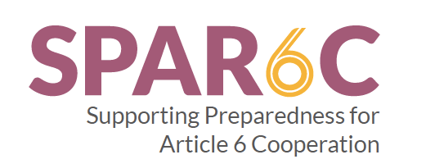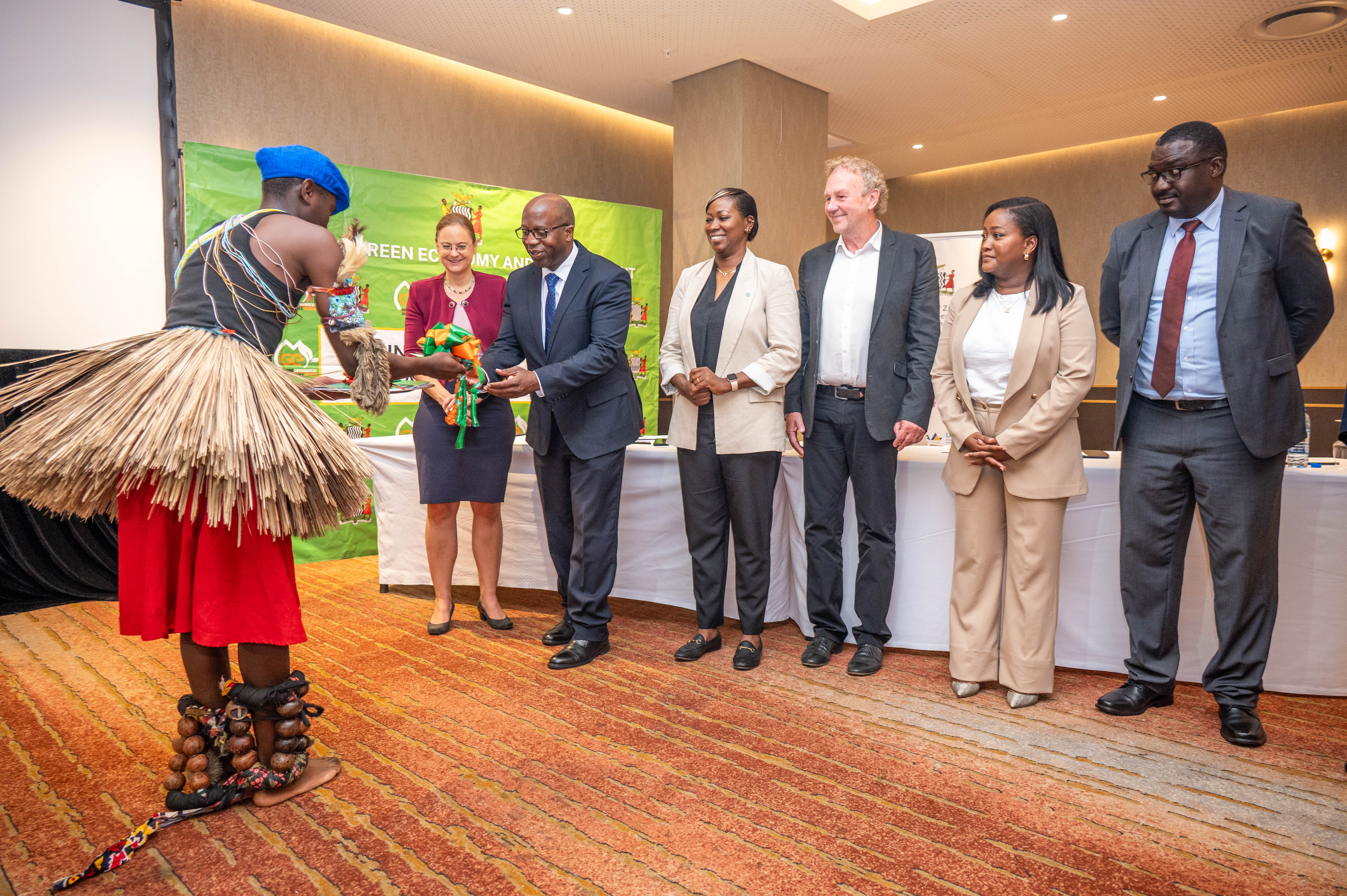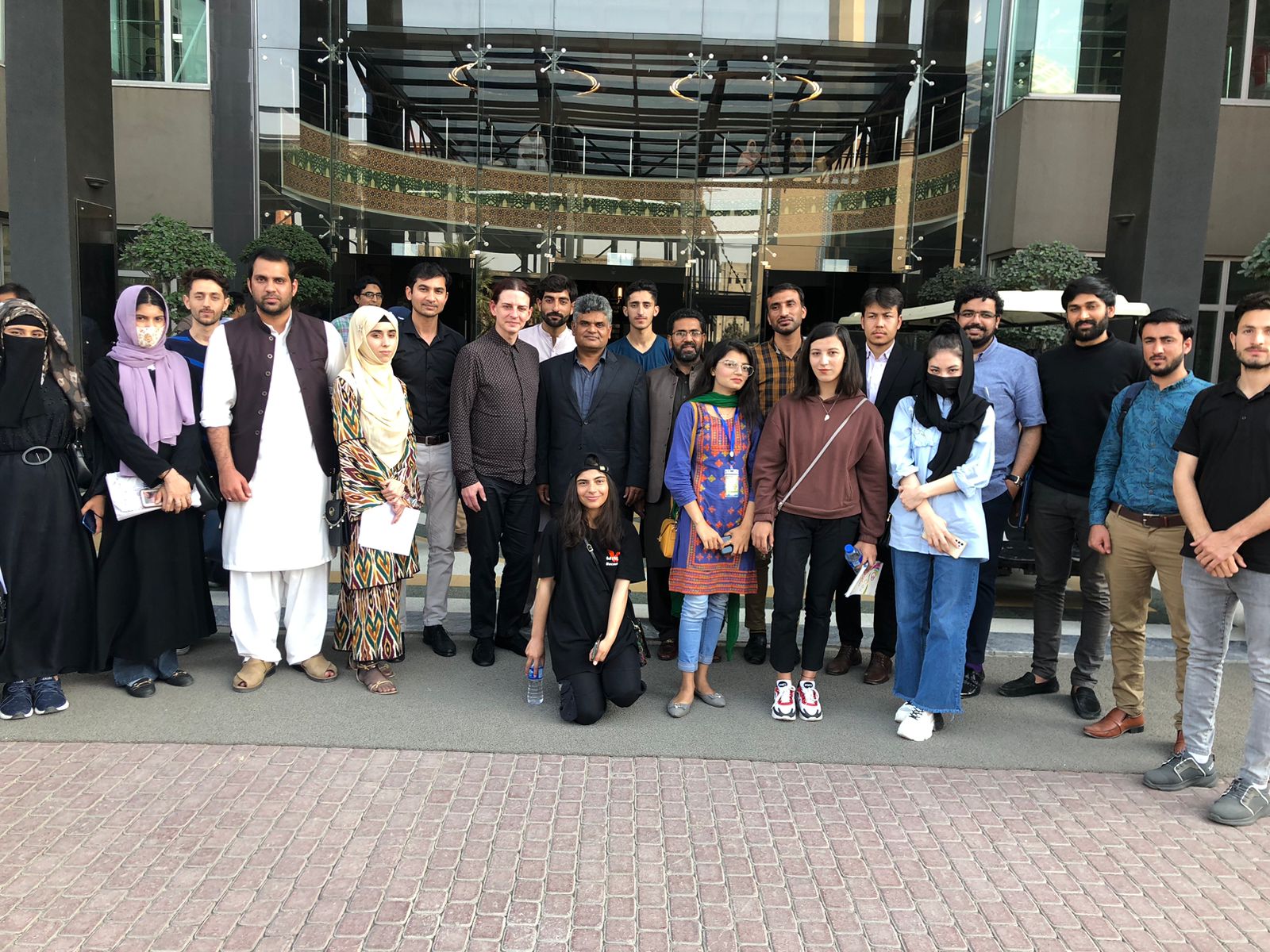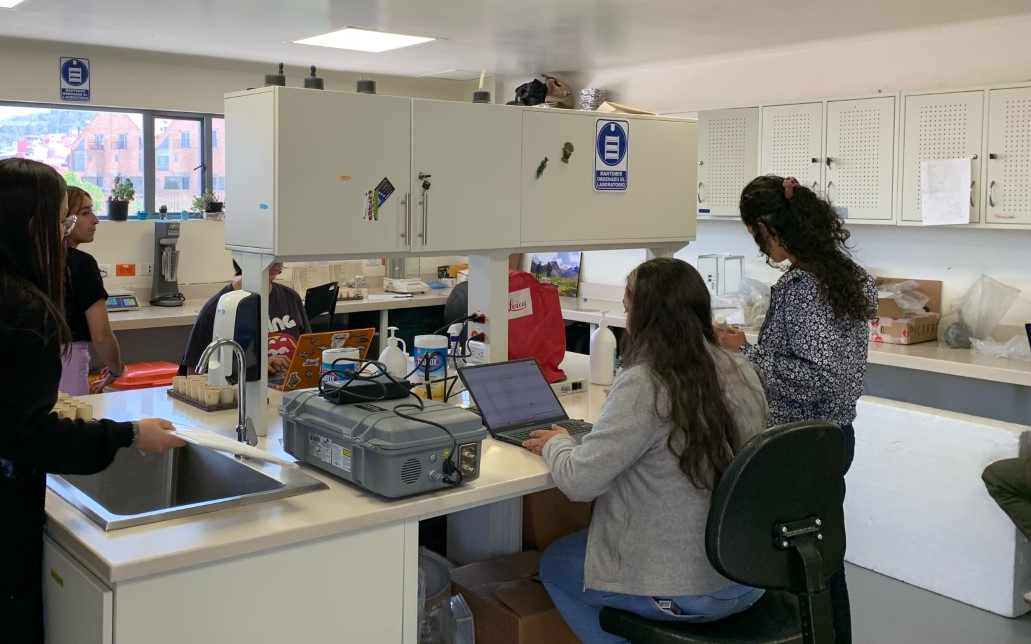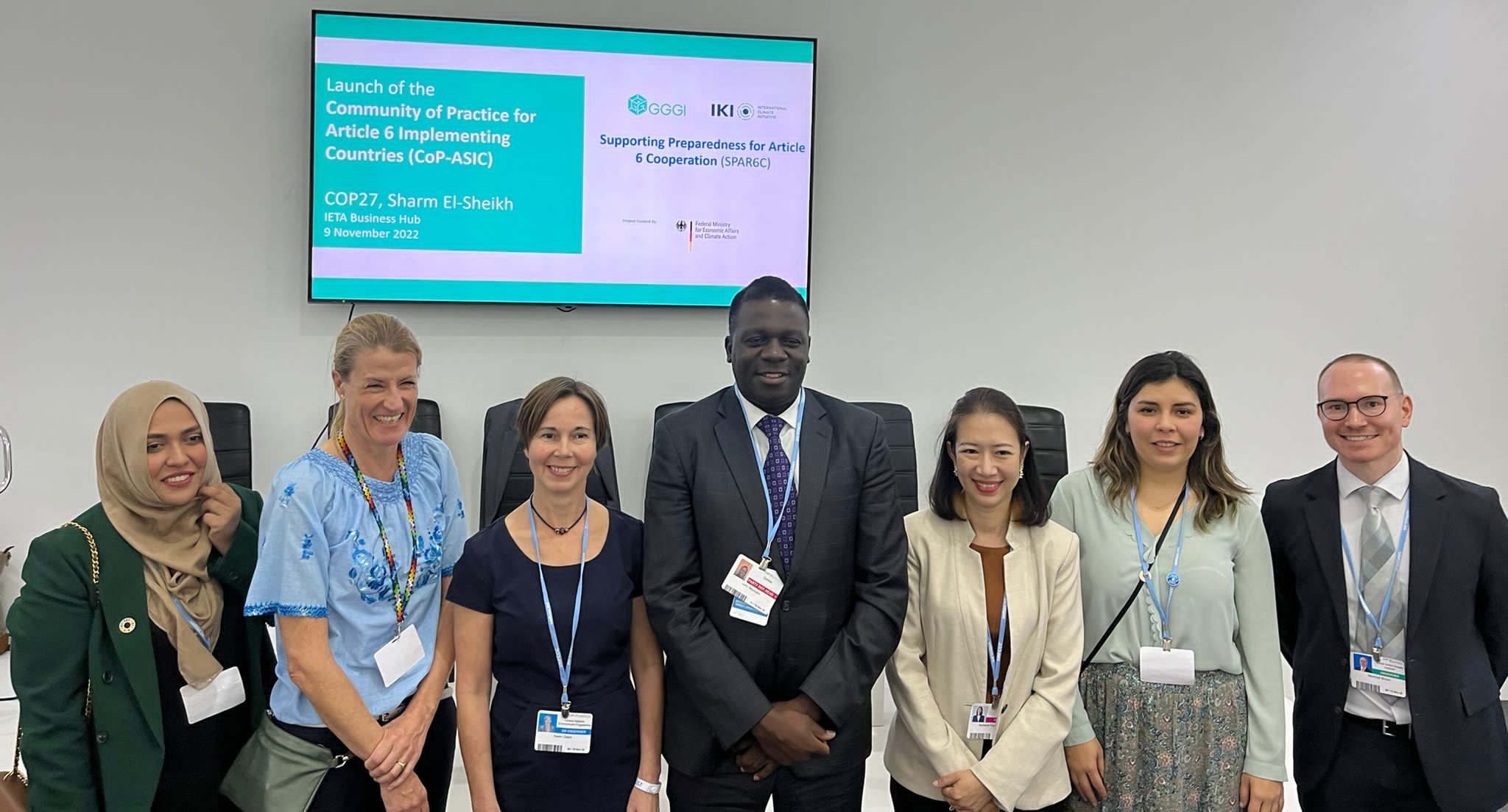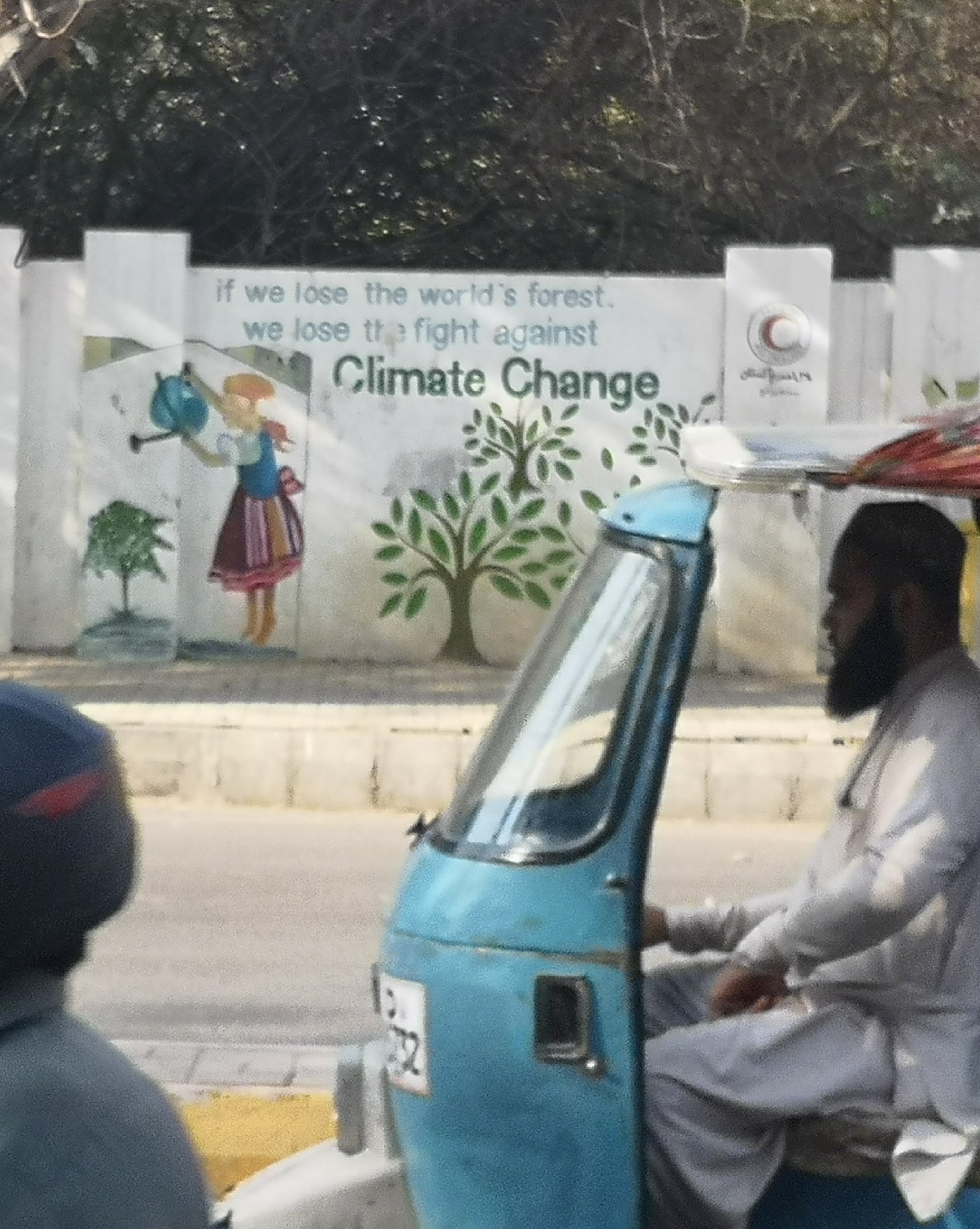Today, a 5-year technical assistance project funded by the German government, the SPAR6C programme, is officially launched by the the Ministry of Climate Change and Environmental Coordination supported by UNEP Copenhagen Climate Centre and several international organizations. The Supporting Preparedness for Article 6 Cooperation (SPAR6C) programme is implemented by a consortium of partners led by the Global Green Growth Institute (GGGI) and supported by the UNEP Copenhagen Climate Centre and GFA Consulting. Today in Islamabad, the kick-off workshop brings together national stakeholders and international donor agencies.
During the workshop, a comprehensive overview of SPAR6C’s objectives and planned activities was presented to an audience consisting of federal and provincial officials, members of the private sector, representatives from financial institutions, and academics. The initiative aims to build Pakistan’s capacity to participate in international carbon markets under Article 6 of the Paris Agreement. SPAR6C facilitates access to international carbon finance and builds national expert know-how enabling Pakistan to benefit from carbon market to promote sustainable development and climate resilience.
The SPAR6C activities in Pakistan are led by UNEP Copenhagen Climate Centre, with support from GFA Consulting. The programme supports the Government of Pakistan to develop the necessary policy and regulatory frameworks. The project engages a broad range of stakeholders, including national and subnational governments, private sector, academia, and youth to build the enabling environment for carbon trading.
Assessing needs and how to meet them
A key activity of SPAR6C during the initial phase has been to conduct a Readiness and Needs Assessment (RNA) through extensive consultations with key national stakeholders. At the official kick-off workshop, the RNA is presented for validation enabling discussions on the detailed work plan under SPAR6C. The RNA outlines the opportunities for carbon market projects in various sectors, maps existing knowledge and capacity and identifies the key stakeholders’ needs for further support. It establishes the foundation for SPAR6C’s work until 2027 and offers significant inputs for planning and implementing both voluntary carbon market and Article 6 endeavors in Pakistan.
The assessment underscores a deep understanding of climate change intricacies and a robust potential in Pakistan for bankable Article projects and wider sector initiatives. However, navigating the complexities of Article 6 carbon markets necessitates enhanced capacity-building efforts at the federal, provincial, and sectoral levels, a challenge shared with many other countries globally.
SPAR6C work going forward
In the short term, the SPAR6C programme engages governments and private sector in NDC implementation for ambition raising and contributes to sustainable development at community and national levels
In Pakistan, as with the other partner countries of Colombia, Thailand and Zambia, the programme aims to facilitate the establishment of comprehensive approval criteria, streamlined processes, and robust regulatory frameworks for carbon market activities. With strong governance frameworks in place, countries can autonomously conceptualize and roll out climate initiatives. Beyond fortifying national mitigation plans and shaping Article 6 policy frameworks, SPAR6C aims to play a pivotal role in the development of three to five flagship Article 6 pilot projects, while also ensuring they garner the requisite financial backing for execution.
